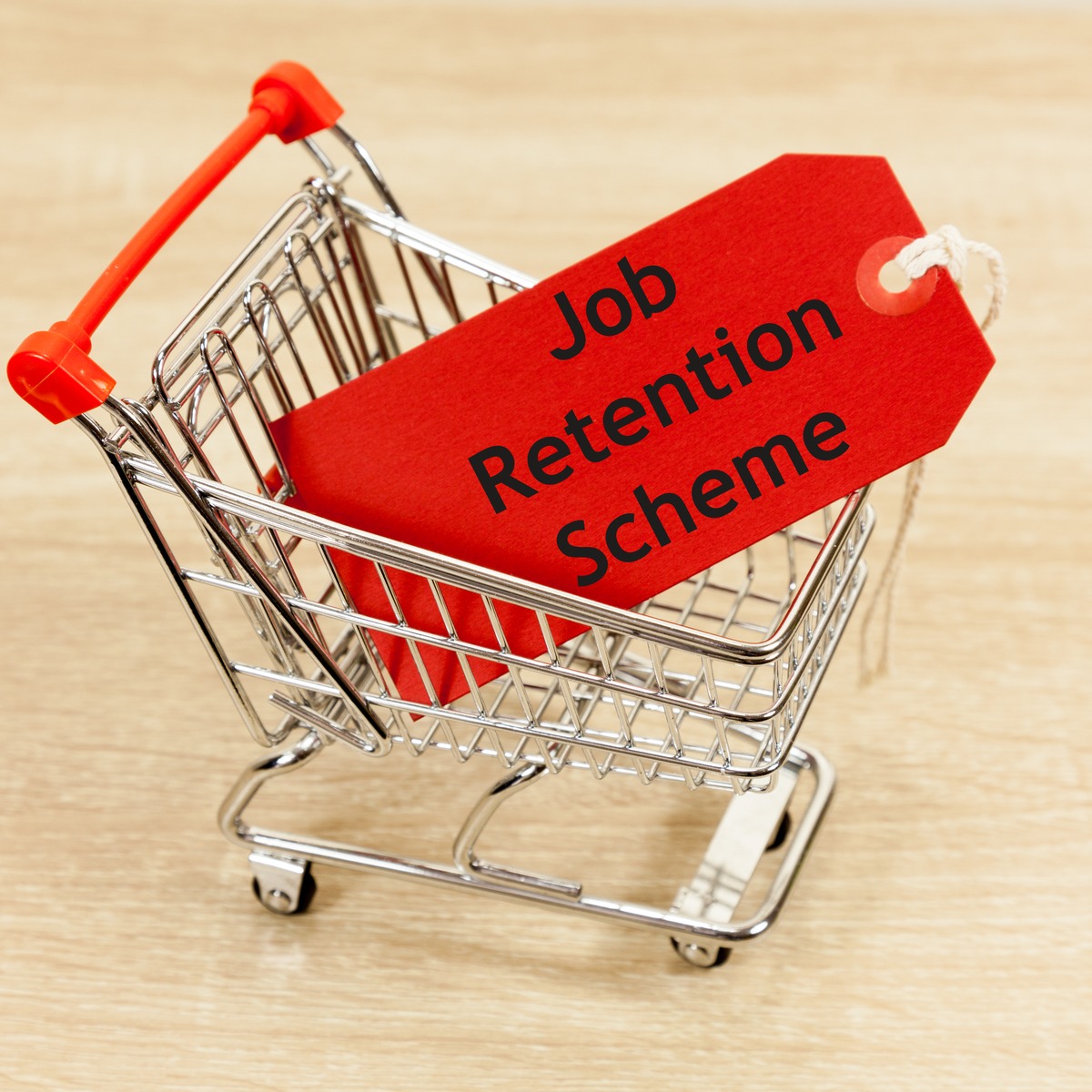Many businesses in the UK operate successfully without the benefit of a registered trade mark to protect their brand name or logo.
It may be that they feel that their brand is too descriptive to be registered as a trade mark, the brand may still be in the process of development or it may simply be that registering a trade mark is one item on a long list that the business has not had time to address yet.
These businesses are still able to protect their brand in the UK using the common law, this is known as “Passing Off”. The right to bring an action for Passing Off does not require any registration and arises once a business has started to build up a reputation.
However, while it can be tempting for businesses to rely on Passing Off, registering a trade mark should generally be the preferable approach for the following reasons.
Immediate protection
Once a trade mark is registered, it will give the owner immediate protection over that mark, regardless of whether it has been used in the past or not and whether or. Although the mark could be revoked in the future if the mark is not used, in the UK there is an initial period of five years where the mark can not be challenged on this basis.
Whilst a Passing Off claim can be made without the need for registration, the brand owner will need to show that the name or logo has been used and that goodwill in the business has been built up. It follows that the protection afforded by Passing Off for a fledgling business will be more limited than that conferred by a registered trade mark.
Identification of potential conflicts
The application process for a trade mark will usually involve searches of the trade mark registry by both, the relevant Intellectual Property Office and by any professional firm that you use.
Applying for a trade mark can identify existing trade marks which may reduce the strength of your brand or even lead to litigation if any of those owners challenge not only your application but also your use of name or logo.
So the initial steps of a trade mark registration can assist in evaluating the benefits of using a particular name or logo. The prospect of potentially re-branding at an early stage may not seem appealing, but it is much easier at the genesis of a business when there is limited value in that brand (and limited expenditure on the name and logo).
The alternative could be a costly dispute in the future and the prospect of losing the ability to use the brand that you have developed.
Alerting other parties to your rights
By registering a trade mark, that mark will appear on the relevant register. This is a public database which clearly identifies your right to the mark and the date when this arose.
There is no equivalent general database in respect of Passing Off and so rival traders may seek to register a conflicting trade mark without being aware of your pre-existing rights.
Furthermore, if you have a registered trade mark, then you may be notified of any applications for new marks which could affect that mark as the relevant intellectual property office (or anyone tasked with monitoring the register on your behalf) will usually check the registers for any conflicting marks.
Costs of enforcement
If you choose to rely on Passing Off to protect your name and logo, you will not incur the fees required to register a trade mark. However, you are likely to incur greater fees where you seek to rely on the Passing Off to protect the use of your name or logo (whether by taking action in the courts to stop any interference or by opposing an application for the registration of a rival’s mark in the relevant trade mark registry).
The existence of a registered trade mark can be easily proven by reference to the applicable register. Without being able to rely on a trade mark, you will instead have to show the following three elements of Passing Off:
- Goodwill – that your business has built up a reputation;
- Misrepresentation – that the Defendant has misrepresented their goods and services as yours; and
- Damage – that the misrepresentation is causing damage to your business, usually by way of diverted sales.
International Expansion
Where you are seeking immediate protection in a number of countries, you can use the international trade mark system to replicate the applications around the world, often before you have even started trading abroad.
While some other countries have similar laws to Passing Off, generally you will need to have traded in each country before being able to rely on those laws.
For further questions please do not hesitate to contact Ross Waldram directly on [email protected] or 0207 822 2236.
© 2020 GSC Solicitors LLP. All rights reserved. GSC grants permission for the browsing of this material and for the printing of one copy per person for personal reference. GSC’s written permission must be obtained for any other use of this material. This publication has been prepared only as a guide to provide readers with general information on recent legal developments. It is not formal legal advice and should not be relied on for any purpose. You should not act or refrain from acting based on the information contained in this document without obtaining specific formal advice from suitably qualified advisors.











